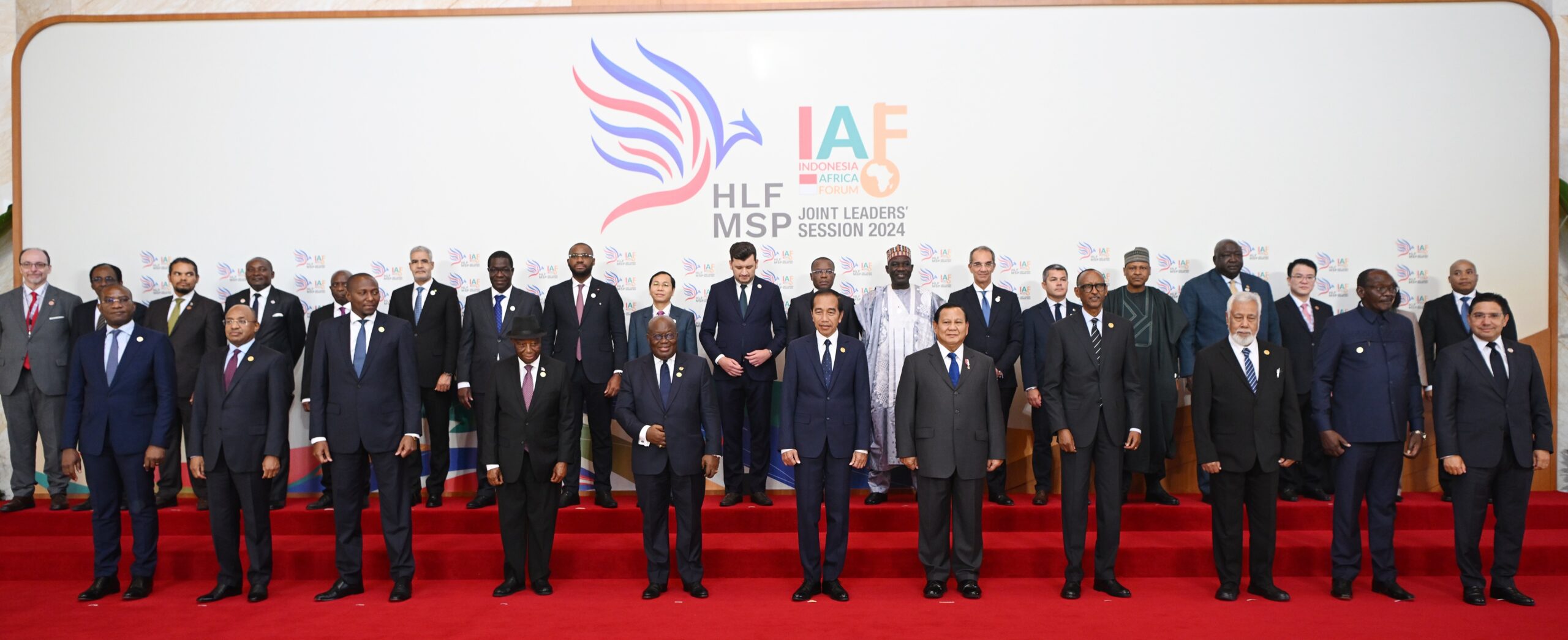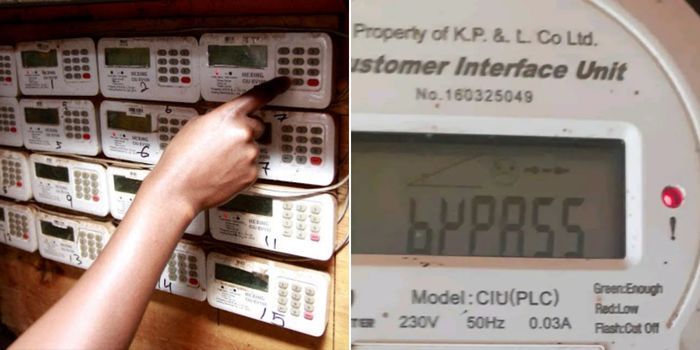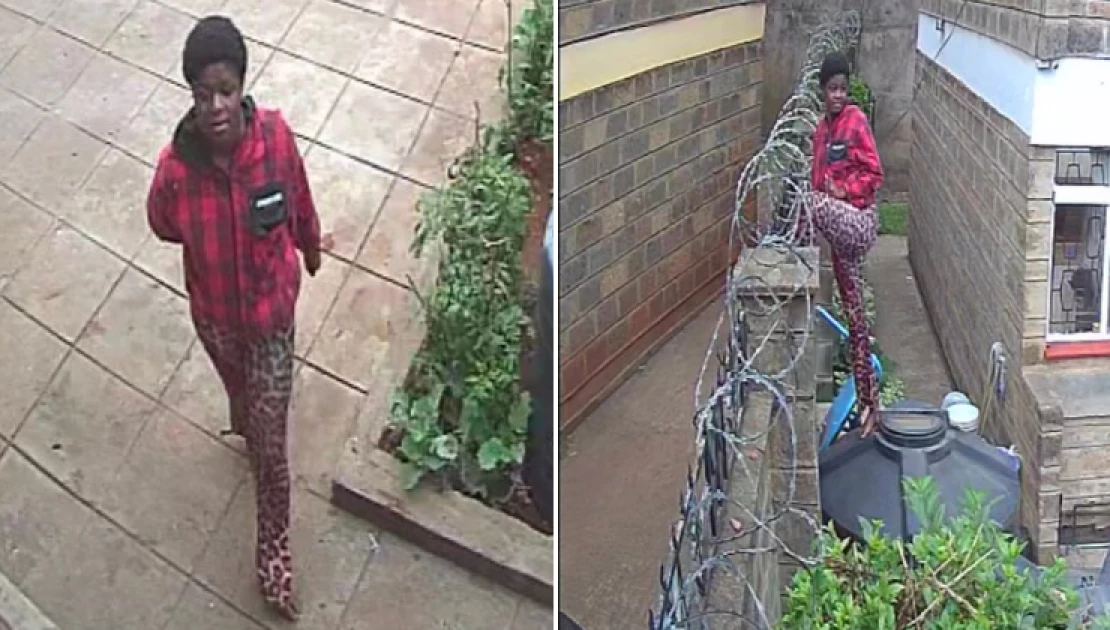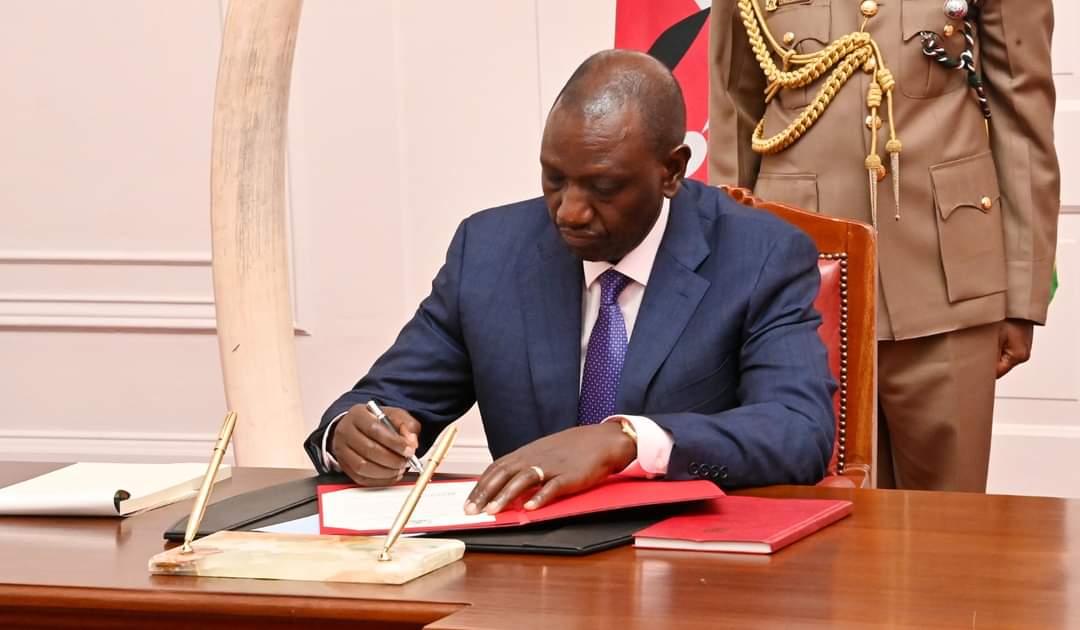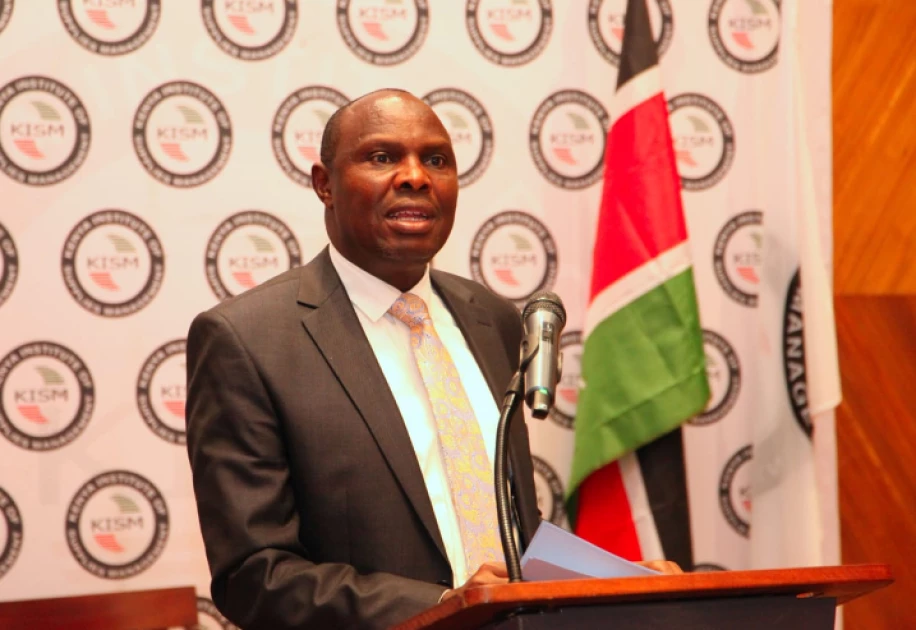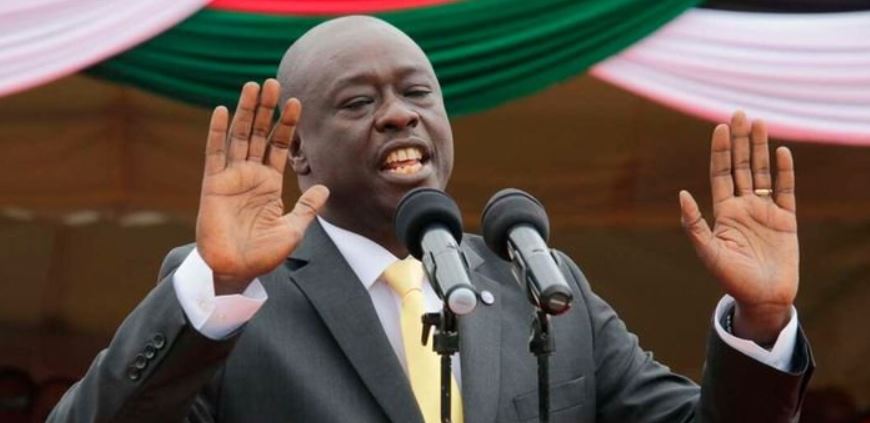The Kenyan government has announced new regulatory measures for LPG traders, aimed at enhancing safety and compliance in the energy sector. Energy Cabinet Secretary Opiyo Wandayi revealed these updates, which include operational time restrictions and stringent penalties for non-compliance, during a recent press briefing.


Key Changes in LPG Regulations
- Restricted Refilling Hours
LPG refilling will only be allowed between 6:00 am and 6:00 pm unless otherwise authorized by the Energy and Petroleum Regulatory Authority (EPRA). Similarly, autogas stations must adhere to specified operating hours as determined by local EPRA guidelines. - Mandatory Licensing and Safety Compliance
- Traders must hold valid licenses and permits to operate.
- Non-compliance with safety measures, such as the lack of fire extinguishers, inadequate emergency controls, or improper storage standards, will result in hefty fines or business closures.
- Cylinder mismanagement, including unauthorized refilling, tampering with seals, or neglecting cylinder requalification, will attract significant financial penalties and sanctions.
- Consumer Protection Measures
- LPG suppliers are required to maintain accessible systems for logging, investigating, and resolving customer complaints, with unresolved issues escalated to EPRA.
- Consumers will pay a refundable deposit when acquiring LPG cylinders. Deposits are to be refunded upon cylinder return, with no deductions for wear or degradation.
Background and Industry Reactions
The tightened regulations follow the tragic February 2024 gas explosion that claimed six lives and left over 200 people injured.
While the new rules aim to enhance safety, sector players have raised concerns:
- Operational Time Restrictions: Traders argue that limiting refilling hours conflicts with the vision of a 24-hour economy, potentially disrupting the supply chain and affecting demand.
- Increased Cylinder Ownership: The proposed rise in the number of gas cylinder owners from 30,000 to 70,000 is seen as a potential disincentive for businesses.
- License Suspension and Revocation: Non-compliance could lead to license suspensions for up to nine months or permanent revocations in severe cases. Industry players have called these penalties excessively harsh.
Government’s Stance
Despite industry pushback, the Ministry of Energy remains firm on implementing the new measures, emphasizing the importance of safety and consumer protection. The regulations aim to restore public trust and prevent future tragedies.
Future Outlook
The introduction of these measures comes two weeks after President William Ruto formed a task force to address concerns about businesses leaving Kenya and to recommend ways to prevent capital flight.
While some stakeholders view the new regulations as restrictive, the government believes they are necessary for creating a safer and more sustainable energy sector.











































































































































































































































